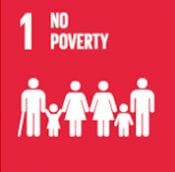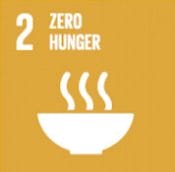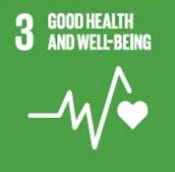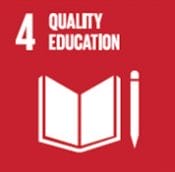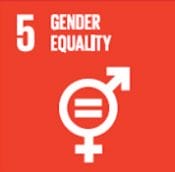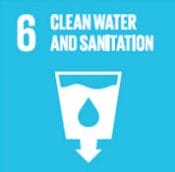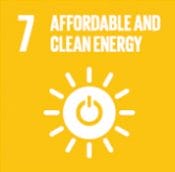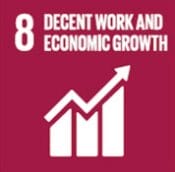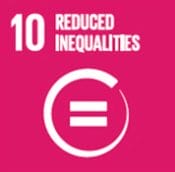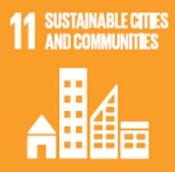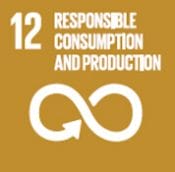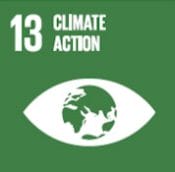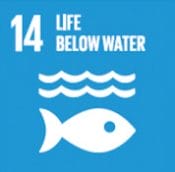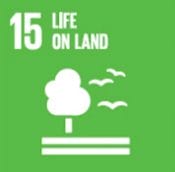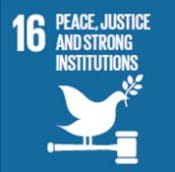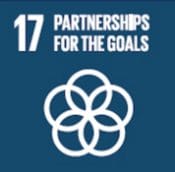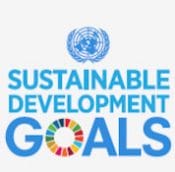UN Development Goal:
Good Health & Well-being
Preventable diseases still account for millions of premature deaths each year
This includes both communicable & non-communicable diseases. Limited or no access to healthcare results in poor reproductive, maternal, and newborn health. In 2015, 303,000 women died of complications during childbirth. Limited access to safe drinking water leads to the upwards of 800,000 deaths per year. Household and outdoor air pollution accounted for 7 million deaths in 2016 alone. Improving the health of the world’s populations requires a strong collaboration between public health, medical, and political initiatives.
Make an Impact on Health & Well-Being
Take Action!

Educating Women and providing services such as women’s healthcare, prenatal and postnatal training, and women’s health education can lead to decreased mortality rates in children and mothers.
1 of 1
Installation of Simple Water Filtration and storage systems allow families and communities to better avoid water borne illnesses. Education on boiling water before use can also provide relief.
1 of 1
Introduce Proper Indoor Ventilation to greatly reduce air pollution related deaths, and provide education on the benefits of cooking outside versus inside for safer breathing environments.
1 of 1
Implement Protection Against Malaria – Nearly 800 children die every day from malaria in regions where mosquitoes carry the disease. Proper education, prevention and protection methods can aid in reducing this number of fatalities drastically.
1 of 1Sample Projects

Groups have hosted community education projects on cooking and the importance of good indoor ventilation can aid in the decrease of air pollution related deaths.
1 of 1
The donation of mosquito nets in areas that have a prevalence of mosquito borne illness can help better protect families while they sleep.
1 of 1
Lucky Iron Fish Project – The Lucky Iron Fish is a small cooking tool that infuses meals with a healthy amount of natural iron to help prevent iron deficiency and anemia. Iron deficiency anemia is among the world’s more common deficiencies, especially in the developing world. Anemia not only affects women, but unborn children too leading to higher risk of mental underdevelopment.
1 of 1